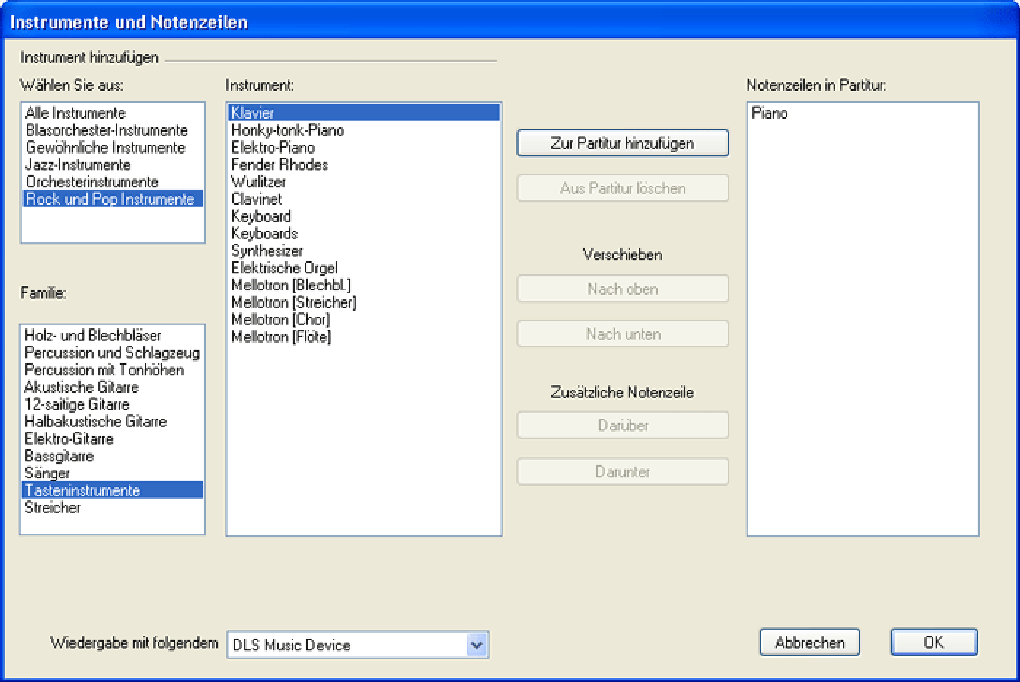

The following enables the latest behavior for the ManuScript interpreter.
How to open sibelius files online code#
All new plugins can now have the following code inserted into the Initialize() method to allow Sibelius to switch on new behavior and to allow legacy plugins to continue to run as before: We’ve been careful to add new functionality that doesn’t affect older versions of Sibelius, allowing you to build plugins that will work in any (modern) version of Sibelius). In this release, we’ve added several improvements to the plugin language that we hope will go a long way. If you’re interested, check out the ManuScript Language Reference pdf, found in File > Plug-ins. In case you didn’t know, Sibelius has a programming language built into it, allowing you to create plugins that help you perform tasks that either aren’t necessarily easily available in Sibelius, or are repetitive. You’ll be able to have another “Full Score” that includes your scratch staves, parts with any number of staves that you can switch on and off at will, and all this while retaining complete control of the layout of each. Now for the first time you can have scores and parts with their own independent set of focussed staves and when combined with the new option to allow you to hide empty staves too, it unlocks whole new ways of working with parts. So when this option is checked, the muted instruments will never be included in the audio export, and when it’s unchecked, the mute state in the Mixer will be ignored. In addition to these improvements to working with staves, the option when exporting audio and video to “Omit muted instruments” now works regardless of the selection in the score.

Now though, Hide Empty Staves will only apply to those staves in view, so even if you do Select All and choose Hide Empty Staves, it’ll only apply to those in view. This would give the impression that nothing was happening to the score, but then have potentially undesired results when turning off Focus on Staves. Previously, if you were focusing on a set of staves and applied Hide Empty Staves on one or more staves, nothing would appear to happen until you turned Focus on Staves off. In this release, we have also included a small change to the way staves are hidden using Hide Empty Staves when Focus on Staves is on. When an unfocused staves occurs alongside a stave that is also hidden using Hide Empty Staves (which uses a dotted line), then the two lines are slightly offset so that it’s possible to determine that there are two different types of hidden objects). When a stave is hidden using Focus on Staves, there’s now a new layout marker (i.e. legacy behaviour), so you’ll need to turn the feature off if you’re interested in trying out the new workflow. This allows users to see scratch staves within Panorama view that won’t ever appear within the Page View of the score. This facilitates a workflow in which the Panorama mode could be considered a “Master Palette” for all available instruments within a score, whereas the Page View (used in conjunction with the Focus on Staves feature) may only show a subset of the score’s instruments. We’ve also added a new Engraving Rule (Staves → Layout) that allows the Focus On Staves feature to be disabled in “Panorama” View while still being active in the “Page” view. There have been no changes in the way you can use a selection in the score to focus on a set of staves, so you’ll still likely find it’s just as useful. To help you choose only a few staves, or omit a few (depending on your need at the time), you can click the “Clear All” or “Select All” options from the list. If you untick them all, the score will revert to showing all the staves. Choosing more instruments from the list will add them to the focussed set. When ticking or unticking the names in the list, Sibelius will turn on Focus on Staves and only display those instruments in the score. Clicking the top half now toggles it on and off, and clicking the bottom half shows the list of staves in the score or part. As you can see, we’ve moved the Focus on Staves button out and split it to add the dropdown. Unchecking this option will enable the new workflow. When this is checked, you’ll get the existing behaviour, where using Focus on Staves will unhide any already hidden stave. The setting is tucked away in Engraving Rules > Staves and is called “Show hidden empty staves when using Focus on Staves”. This opens up several new possibilities to have scratch staves that you may use to work out rhythms, tidy incoming MIDI files or split out individual staves or even combined staves that you can still use in the parts. This release enhances the Focus on Staves feature so you can use both “Hide Empty Staves” and “Focus and Staves” at the same time.


 0 kommentar(er)
0 kommentar(er)
